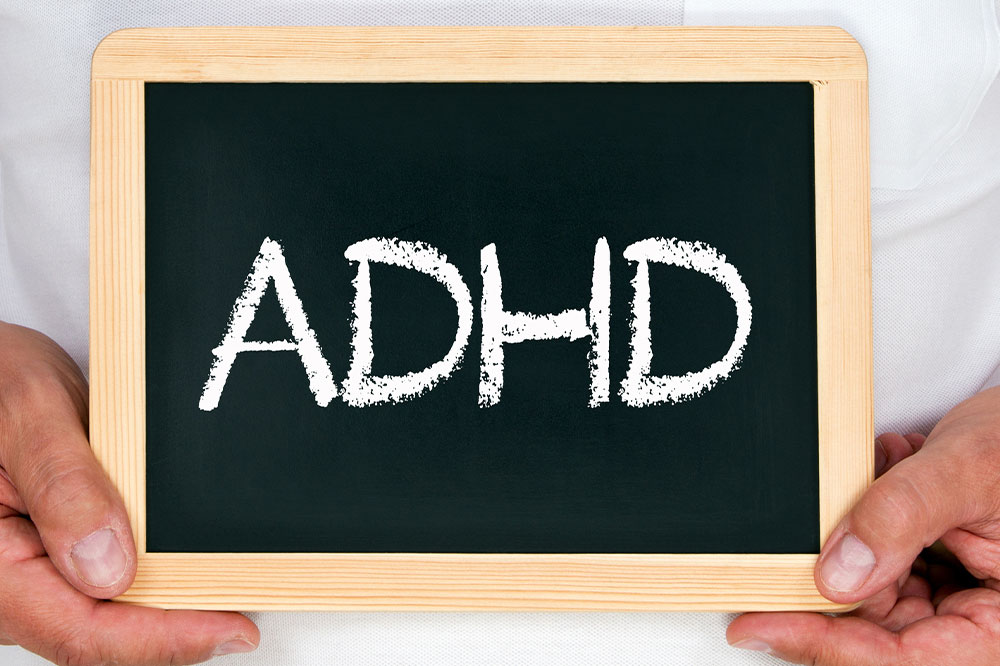Effective Stress Management Strategies to Support Addiction Recovery
This comprehensive article explores essential strategies for recognizing and managing stress during addiction recovery. It emphasizes the importance of early symptom detection, effective coping mechanisms, lifestyle adjustments, and support systems to prevent relapse. Practical techniques like therapy, physical activity, and maintaining a healthy routine are highlighted as vital components of a successful recovery journey, especially within the context of rising substance abuse challenges in Los Angeles. The article offers valuable insights for those seeking sustainable recovery and emotional stability.

Effective Stress Management Strategies to Support Addiction Recovery
Recovery from addiction is a challenging journey that demands resilience, patience, and unwavering commitment. One of the most significant obstacles faced by individuals on this path is managing stress. Stress, if not properly handled, can act as a powerful trigger for relapse, undermining the progress achieved through treatment and therapy. Understanding how to recognize signs of stress early and applying appropriate strategies to manage it are crucial steps in maintaining sobriety and fostering lasting recovery.
In recent years, there has been a noticeable increase in drug abuse cases, particularly in areas like Los Angeles, California. This surge has prompted many treatment centers to expand their services, emphasizing the importance of comprehensive support systems that include stress management techniques. Effective stress control not only helps reduce the risk of relapse but also supports overall mental health, ensuring individuals stay focused and motivated during their recovery journey.
Understanding the Impact of Stress on Addiction Recovery
From early childhood, exposure to high levels of stress can significantly increase vulnerability to addiction later in life. Many individuals turn to drugs as a means of coping with emotional pain and overwhelming feelings, initially using substances socially or recreationally. However, what begins as casual use can quickly evolve into dependency as they seek relief from stressors and emotional discomfort.
Effective stress management is vital for individuals in recovery to prevent setbacks and maintain mental well-being. Learning to identify early signs of stress can make a significant difference in avoiding relapse and fostering a healthier lifestyle.
Recognizing the Signs of Stress
Many individuals underestimate or overlook the physical and emotional symptoms of stress, often mistaking them for general fatigue or minor illnesses. Recognizing these signs promptly allows for intervention before stress manifests into more severe issues:
Persistent exhaustion or fatigue
Unrelenting headaches
Increased irritability or mood swings
Frequent anger outbursts
Discomfort or tightness in the chest
Disrupted sleep patterns or insomnia
Difficulty engaging socially or withdrawing from loved ones
Problems concentrating or focusing
Changes in eating habits, such as overeating or loss of appetite
Racing thoughts or feelings of being overwhelmed
Identifying these symptoms early enables individuals to seek appropriate support, whether through professional counseling, peer groups, or self-help strategies.
Strategies to Manage Stress Effectively During Recovery
Managing stress efficiently involves a combination of emotional regulation techniques, lifestyle modifications, and professional support. For those in recovery, discussing feelings of stress with a licensed therapist or recovery specialist can be especially beneficial. Therapeutic sessions provide a safe space to explore stressful situations, develop coping skills, and address underlying emotional issues that may contribute to relapse risks.
In addition to therapy, practical methods such as meditation, deep breathing exercises, and visualization techniques serve as powerful tools to reduce tension. Engaging in mindfulness practices helps individuals stay grounded, manage emotions more effectively, and maintain focus on their recovery goals.
Another essential aspect of stress management is avoiding or minimizing exposure to stressful environments and triggers whenever possible. Creating a calm, stable environment at home or work can significantly lower emotional strain. Connecting with others who are sharing similar recovery experiences through support groups can provide empathy, encouragement, and a sense of community, all of which bolster resilience.
Additional Stress Reduction Techniques
Physical Activity
Regular exercise plays a critical role in reducing stress hormones like cortisol and promoting the release of endorphins, which elevate mood naturally. Physical activity not only boosts physical health but also enhances mental clarity and emotional stability. Individuals in recovery should consider engaging in activities they enjoy, such as gym sessions, boxing classes, hiking excursions, or cycling trips. Consistency is key, and finding a routine that fits personal preferences increases adherence and effectiveness.
Maintaining a Healthy Lifestyle
A balanced routine comprising sufficient sleep, nutritious eating, and hydration is foundational for managing stress. Sleep deprivation can intensify emotional reactivity and impair cognitive function, making it harder to cope with daily challenges. A diet rich in fruits, vegetables, lean proteins, and whole grains provides essential nutrients that support brain health and mood regulation. Additionally, minimizing caffeine and sugar intake can prevent mood swings and energy crashes.
Seeking guidance from healthcare professionals or nutritionists can help tailor a lifestyle that promotes mental resilience. Combining these habits with therapy and social support creates a holistic approach to sustained recovery and well-being, especially in a bustling city like Los Angeles where environmental stressors are prevalent.
By integrating these stress management strategies into daily life, individuals in recovery can strengthen their mental and emotional defenses against relapse, leading to a healthier, more balanced future.





